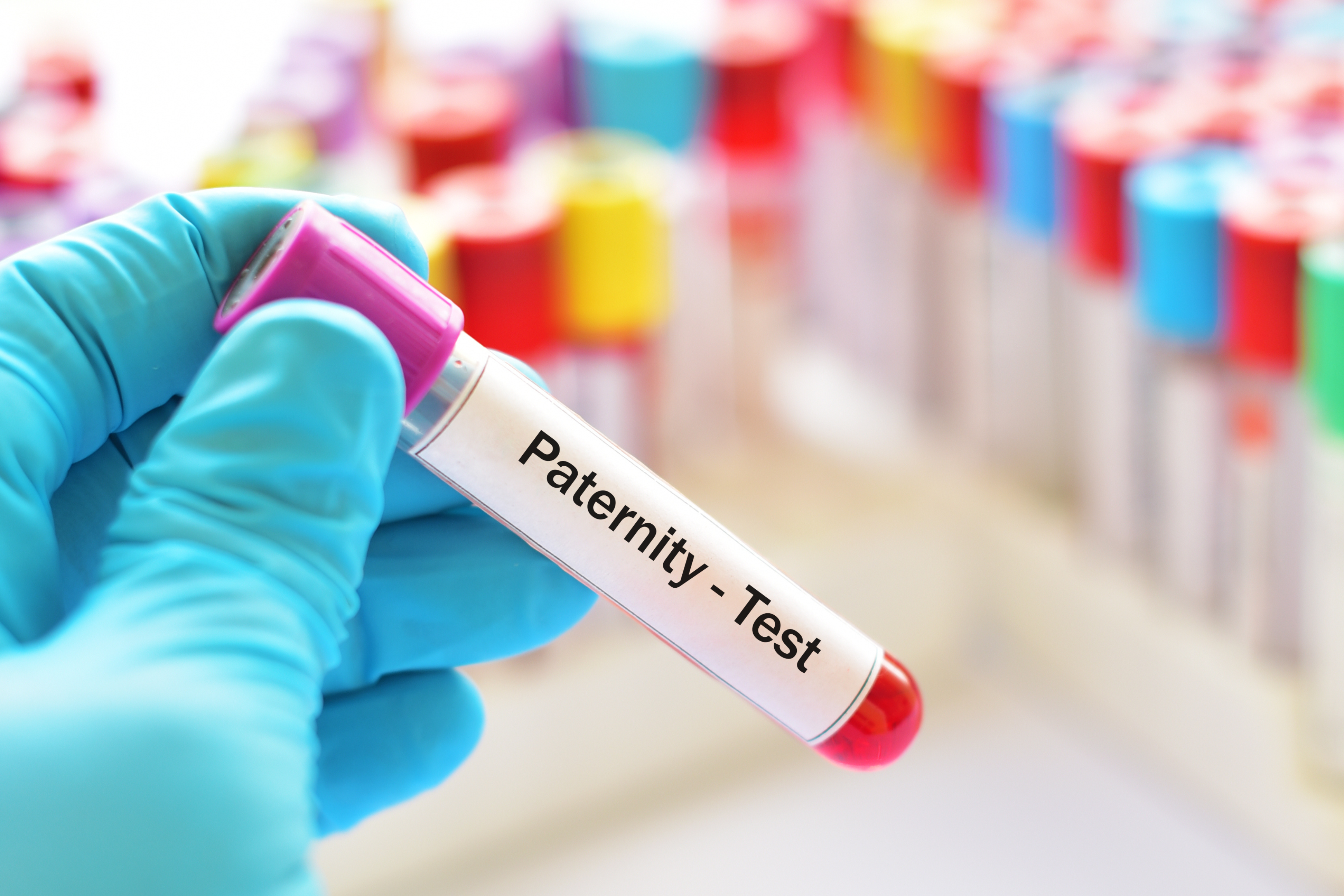In situations where a soon-to-be mother is married at some point between the conception of the child and the birth of the child, the mother’s husband has paternal rights to the child. However, when another man (the putative father) has reason to believe that he is the biological father of the child, he can petition the court to grant a paternity test. The question here is whether or not the father can petition for an in-utero paternity test before the baby is born. This type of test may be desired in this type of situation so that the putative father has the right to sign the child’s birth certificate upon the birth of the child, rather than the mother’s husband having that right.
In North Carolina, a putative father (a man who may be the biological father of a child but is not married to the mother) can petition the court for a paternity test. A paternity test on the child after its birth will typically be granted. However, that is not the case with in-utero paternity tests.
It is important to understand that in-utero paternity tests involve obtaining a DNA sample from the fetus while it’s still in the womb. This procedure carries some risks and the risks of the procedure, paired with the short timeline during which a petition could be granted and executed before birth, results in in-utero paternity test petitions not being granted.
Further, the Uniform Parentage Act is a legislative act that serves to provide a uniform legal framework for establishing paternity of minor children born to married and unmarried couples. Most recently, the Uniform Parentage Act was amended in 2017. Section 503 of the 2017 Uniform Parentage Act discusses the topic of authority to order or deny genetic testing. Section 503(c) states that “the court or child-support agency may not order in utero genetic testing.”
Comments under the Uniform Parentage Act explain that §503(c) is intended to prevent the court from ordering the mother to undergo prenatal testing, such as through amniocentesis or other in-utero collection methods. This is because these procedures pose a measurable risk to the life and health of both the fetus and the mother.
Therefore, the answer to our ultimate question is no. A putative father may not petition for an in-utero paternity test before the baby is born. However, if the mother volunteers for such testing, this section of the Uniform Parentage Act does not prevent the mother from voluntarily undergoing prenatal sample collection for parentage determination.
If you are trying to establish paternity, our experienced Family Law attorneys are here to help. Call 888-748-KING (5464) or fill out our online form to schedule a consultation today.

